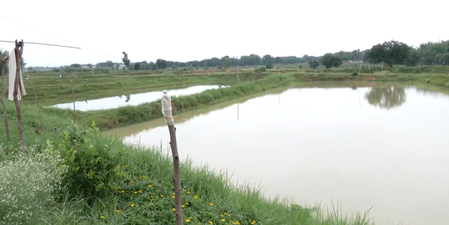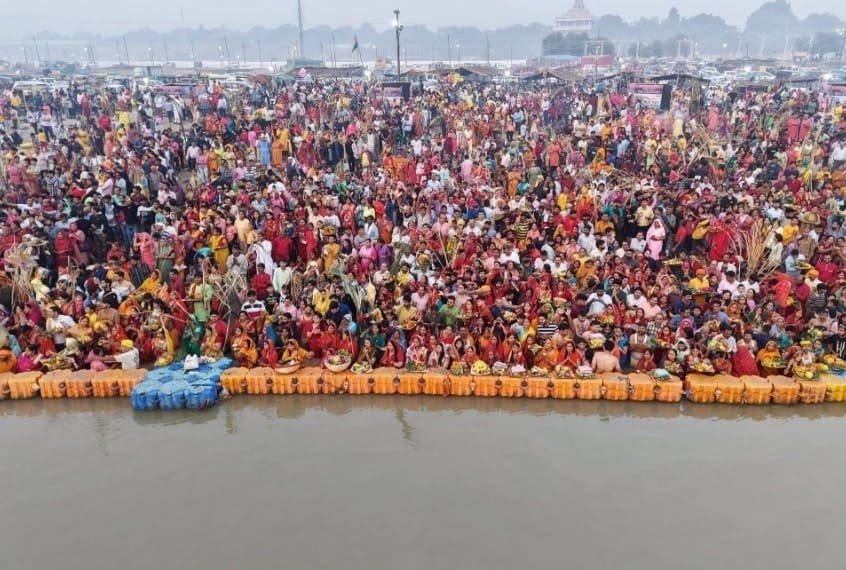
Jharkhand, June 27 (IANS) In the remote districts of Jharkhand once dominated by Maoist violence, a quiet revolution is underway—one driven not by ideology, but by opportunity. Former maoists and villagers alike are embracing fish farming, empowered by the Centre’s Pradhan Mantri Matsya Sampada Yojana (PMMSY), transforming lives and restoring peace in once-troubled regions.
Jyoti Lakra, 41, was once a member of a Maoist group, having joined Left Wing Extremism out of desperation. “There was no development. We had no other option. The honour of our mothers and sisters was under threat. People were killed over Rs 5,000,” he recalls.
But in 2002, Lakra chose a different path. With help from the local administration, he and a few others formed an organisation called Shanti Seva, determined to fight back against extremism.
“We lost 10–12 of our people in the process,” he told IANS.
Yet their courage paved the way for a new future. Today, Lakra runs a fish feed mill and manages three ponds, earning a net profit of Rs 8 lakh last year under PMMSY.
“Life has changed completely,” he added.
“We got support to build tanks and received training. The scheme is excellent. Every person should consider fish farming. It has made our family stable.”
Fish farming in Jharkhand began to take off in 2014, with local communities gradually seeing its potential.
Lakra added: “Eight people work with me. We supply fish entirely to the local market and earn Rs 5–7 lakh annually. All this is possible due to government support.”
Lakhan Singh, a resident of Gumla district, also credits fish farming with turning his life around.
“Earlier, we only grew paddy. Now, with ponds, profits are much higher. I received training, learned techniques to increase production, and I’m seeing results. I spent around Rs 60,000–77,000 in a year and harvested 10 quintals of fish from one pond.”
Singh points out that the PM’s focus on land-use regulation has helped ensure ponds are used productively, avoiding waste.
“If we get more support, we can do even better. Some of us are now fully dedicated to this work. I didn’t even plan to do it commercially at first, but the training changed my mind,” he added.
The scheme is also credited with restoring peace in regions once marked by fear.
“Earlier, Maoists ruled. People wouldn’t leave their homes after 6 pm. Now there is calm,” Lakra said.
“Through our efforts and the administration’s support, we brought many insurgents back to the mainstream. I’ve personally worked to convince five local leaders to abandon extremism. Today, hundreds are free from violence.”
Lakra is now informing people about the scheme.
“I tell people about it. Over 150 people in our area have taken up fish farming because of these efforts,” he added.
He adds that the scheme also tackled social issues.
“Earlier, many were involved in the illicit liquor trade. Now they’re fish farmers. We’ve given them Rs 12,000 under PMMSY to support this shift. Malnutrition is also being controlled—fish is an accessible protein source in these rural areas where milk and eggs aren’t always affordable.”
–IANS
jk/vd






